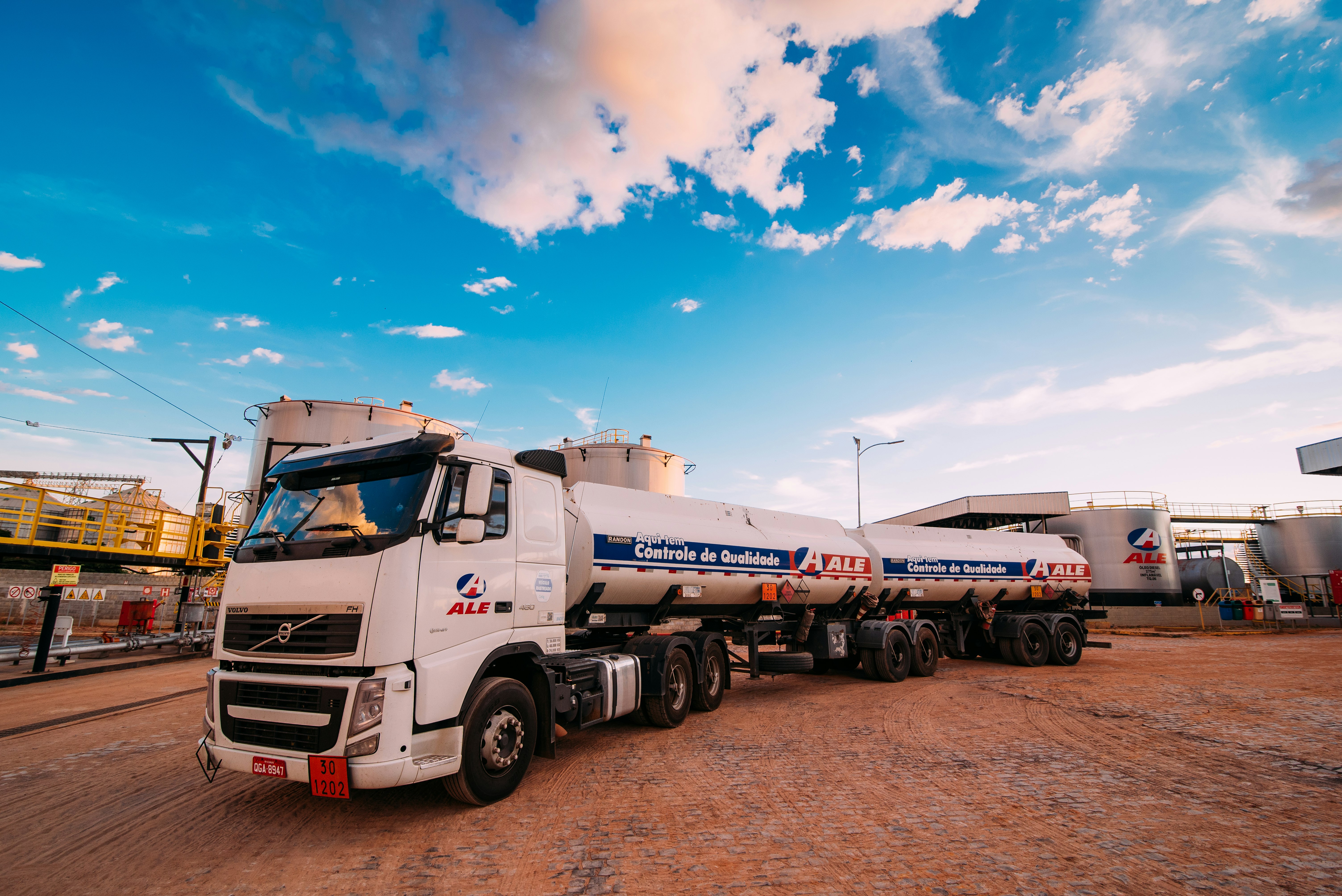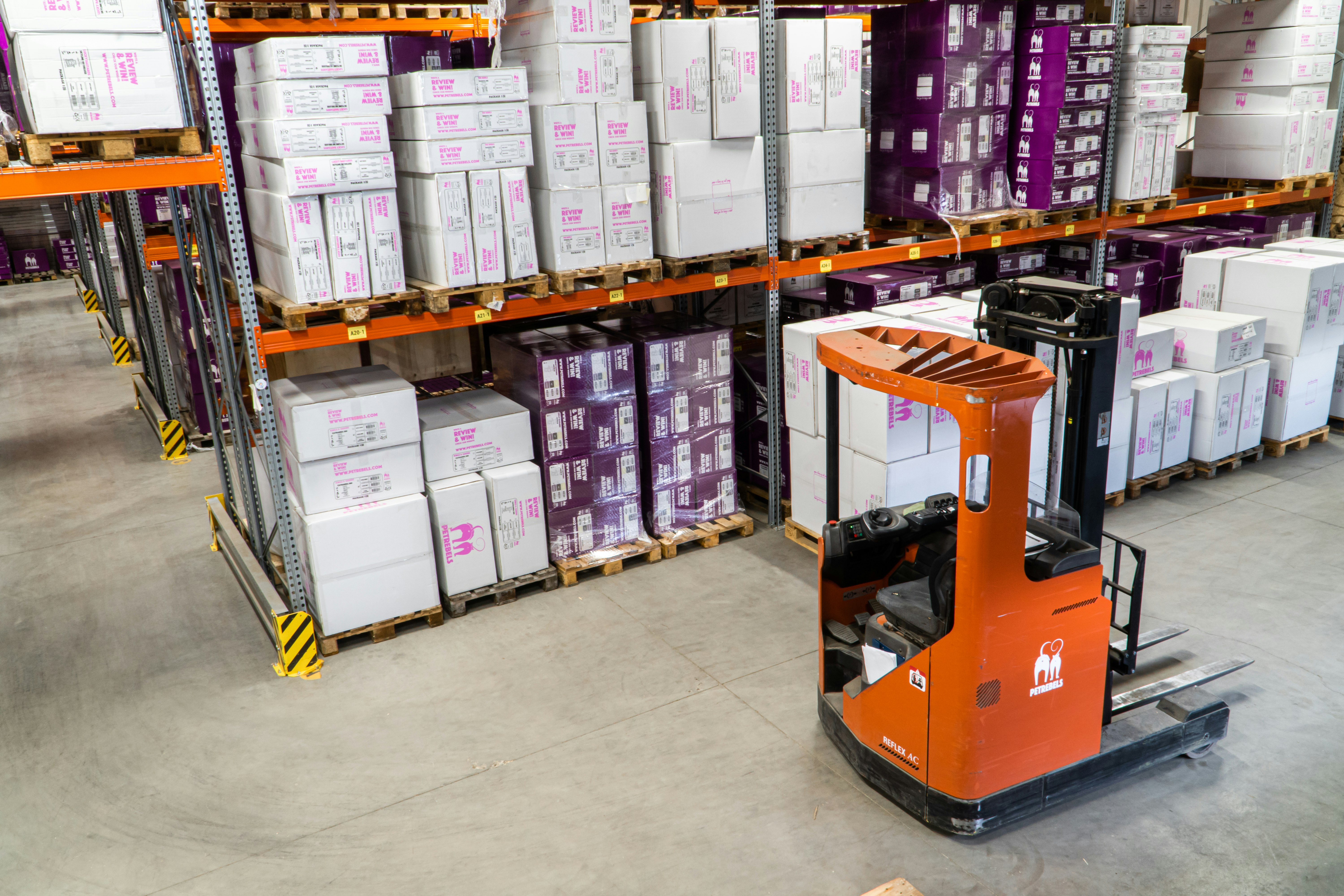- Ensures business continuity: By being prepared for disruptions, companies can continue their operations with minimal interruption, reducing financial losses and maintaining customer satisfaction.
- Minimizes risks: Resilient supply chains are better equipped to handle risks associated with disruptions, such as natural disasters, geopolitical events, and supplier failures.
- Enhances customer trust: A resilient supply chain demonstrates a company's ability to deliver products or services consistently, even in challenging circumstances, which builds trust and customer loyalty.
Why Businesses Need to Prepare for Disruptions
Disruptions in the supply chain can occur unexpectedly and have severe consequences for businesses. Here's why it's essential for companies to proactively prepare for disruptions:
- Mitigate financial losses: A well-prepared business can minimize the financial impact of disruptions by implementing contingency plans and having alternative suppliers or logistics routes in place.
- Maintain customer satisfaction: By anticipating and responding effectively to disruptions, companies can ensure timely delivery of products or services to their customers, thus preserving customer satisfaction and loyalty.
- Gain a competitive advantage: A resilient supply chain can give companies a competitive edge by allowing them to respond quickly to disruptions, adapt to market changes, and seize new opportunities.
It is evident that supply chain resilience is vital for businesses to navigate through disruptions successfully. By prioritizing resilience and implementing proactive strategies, companies can minimize the impact of disruptions and establish a sustainable supply chain that can withstand future challenges. [1][2][3][4]
II. Understanding Supply Chain Resilience
Definition and Key Concepts
Supply chain resilience is the ability of a supply chain to prepare for and recover from unexpected disruptions, such as natural disasters, cyberattacks, or operational failures. It involves identifying potential risks, implementing strategies to minimize their impact, and quickly adapting to changes to maintain normal operations. Key concepts related to supply chain resilience include:
- Resistance: The ability of a supply chain to minimize the impact of disruptions by evading or reducing their effect.
- Recovery: The ability of a supply chain to return to full operations after a disruption.
- End-to-end data-driven supply chain control: The use of data and technology to gain visibility and control over the entire supply chain, enabling proactive risk management and rapid response.
Benefits of Supply Chain Resilience
Supply chain resilience offers several benefits to businesses, including:
- Reduced financial losses: A resilient supply chain can prevent or minimize the financial impact of disruptions, reducing losses caused by delayed or interrupted operations.
- Enhanced customer satisfaction: With faster recovery times and proactive risk management, businesses can maintain customer satisfaction by minimizing delays and ensuring consistent product availability.
- Improved competitiveness: A resilient supply chain can give businesses a competitive advantage by allowing them to respond quickly to market changes and disruptions, ensuring continuity of operations while competitors struggle.
- Long-term sustainability: By identifying and addressing vulnerabilities in the supply chain, businesses can create a more sustainable and robust infrastructure that can adapt to future disruptions.
Understanding supply chain resilience and implementing strategies to enhance it is crucial for businesses to thrive in an increasingly volatile and uncertain global marketplace. [5][6][7][8]
III. Challenges to Supply Chain Resilience
Common Disruptions Faced by Supply Chains
Supply chains face various disruptions that can have a significant impact on their operations. Some common disruptions include:
- Natural disasters: Events like hurricanes, earthquakes, and floods can disrupt transportation, infrastructure, and production facilities.
- Supplier failures: If a key supplier experiences financial difficulties or goes out of business, it can lead to disruptions in the supply chain.
- Political instability: Political unrest, trade wars, and changes in government policies can disrupt supply chains by introducing trade barriers or causing delays in customs clearance.
- Cybersecurity breaches: Cyberattacks on supply chain systems can result in data breaches, intellectual property theft, and disruptions in production and delivery processes.
Impact of Disruptions on Operations and Profits
Supply chain disruptions can have severe consequences for businesses, including:
- Lowered operational efficiency: Disruptions can lead to delays in production, transportation, and order fulfillment, causing inefficiencies in the supply chain.
- Increased costs: Supply chain disruptions often result in higher costs due to expedited shipping, increased inventory holding, and production downtime.
- Decreased customer satisfaction: Delays in product delivery and availability can lead to dissatisfied customers and damage a company's reputation.
- Reduced profits: Supply chain disruptions can result in revenue loss, decreased market share, and reduced profitability for businesses.
Preparing for these disruptions and building supply chain resilience is crucial for businesses to mitigate their impact and maintain smooth operations. [9][10][11][12]
Supply chain disruptions have become increasingly common and can have significant impacts on businesses. However, by building supply chain resilience, organizations can better prepare for and respond to these disruptions. Here are some key takeaways for building supply chain resilience:
- Understand the types of disruptions that can occur in your supply chain and their potential impact.
- Develop a proactive risk management strategy that includes identifying potential risks, assessing their likelihood and impact, and implementing mitigation measures.
- Foster strong relationships with suppliers and other partners in the supply chain to enhance collaboration and communication.
- Invest in technologies and tools that can enhance supply chain visibility and enable real-time monitoring.
- Continuously assess and improve your supply chain processes to identify vulnerabilities and implement necessary improvements.
- Regularly test your supply chain resilience through simulations and exercises to ensure preparedness for disruptions.
- Stay updated on industry trends and best practices in supply chain resilience.
By adopting these strategies, businesses can better navigate disruptions and maintain a resilient and robust supply chain. [13][14]




















